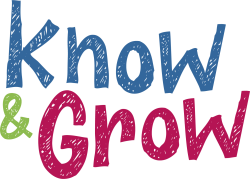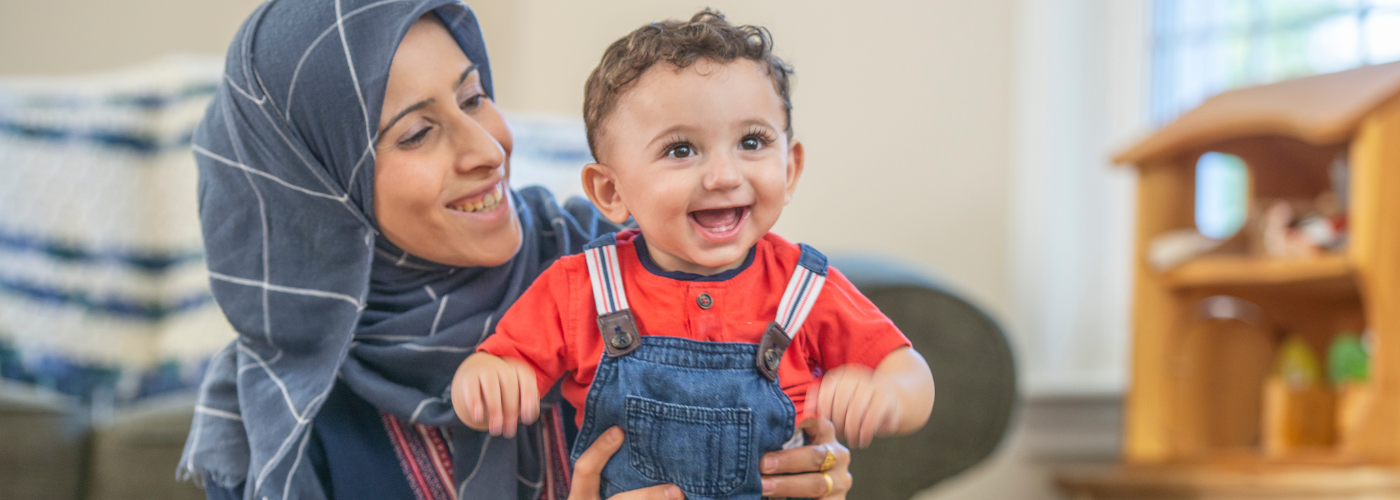Toddlers 1-3 years
During the first two years of a child’s life, they are learning to think, speak, love, feel and trust, which are all part of healthy attachment. As a parent, you help shape their attachment by playing with them, teaching them and making them feel safe and secure. This gives your toddler the confidence they need to explore their world so they can grow, learn and develop.
Visit our parenting page for online parenting resources and help tracking your child’s healthy development.
Toddler growth and behaviour
A lot of growth and development happens during this stage of life. It can be a confusing and challenging time. Toddlers can sometimes experience mood swings. Some of the time, they will cling to you or cry when you leave their sight. Other times they will push you away. All of this is perfectly natural.
| 12-24 months (1-2 years) |
|
18 months is a special time in your toddler’s growth and development. It is important to book an appointment for your toddler to be seen by your health care provider. Learn more about the enhanced 18-month well-baby visit on the Ministry of Children and Youth Services website. Toddlers learn through practice and doing things over and over again. They need your love and encouragement to learn to do new things. Allow them to explore and learn, and keep them safe by preventing falls and being aware of child safety information. Support them through failures and encourage them to keep trying. Show your child how you expect them to behave and offer a series of choices that will help them feel that have some control in their young life. Toddlers do not develop empathy until about 30 months of age, so they don’t understand their feelings or the feelings of others quite yet. |
| 12-36 months (1-3 years) |
|
At around 2.5 years of age, your child is beginning to develop empathy and is just starting to understand how their behaviour impacts others. It is important to help them understand different feelings like being scared, sad or shy. Your toddler is growing and developing different motor skills such as hopping, skipping or walking up and down stairs. They are also learning to play with others, learning to talk and starting to use their imagination. Remember, every child is a little different and if your child is shy or not ready to play with other children. Don’t force it. With encouragement and comfort, their confidence with others will grow in time. Your child’s personality is just starting to develop. Toddlers love to please others and respond really well to praise. Children feel safe, secure, loved and understood when they hear positive praise. Here are a few quick tips to remember with your 2 to 3-year-old child:
|
Difficult days with a toddler
You will experience difficult days with a toddler. As they are learning new tasks, you may notice more crying, yelling, tantrums or foot stomping.
When your toddler loses control, they need your help to learn how to calm down. Remember to try to keep calm yourself first (count silently to 10) and then come down to your toddler’s physical level, providing the comfort they need. Instead of resorting to spanking, follow tips to guide your child’s behaviour in a positive way from the Public Health Agency of Canada. You can also:
- Be flexible when planning your day, knowing that things may change
- Try and make things sound fun such as “Let’s pick up these crayons together”
- Let your toddler help with tasks such stirring, sweeping, dusting or putting toys away
- Set aside time to play with your toddler and do things like read or tell stories, sing rhymes, play music or dance
- Take them out for a walk in the stroller or to the park
- Take a few moments for yourself to relax and re-energize
- Remember it is okay to ask for help and support from friends, family or a professional
Need more support?
 Call our Know & Grow Line
Call our Know & Grow Line
Speak to a Public Health Nurse to get the answers to all the questions you never knew you had.
- In Oxford County, call the Know & Grow Line at 519-421-9901 x 3473
- In Elgin County, call the Know & Grow Line at 519-631-9900 x 1400













